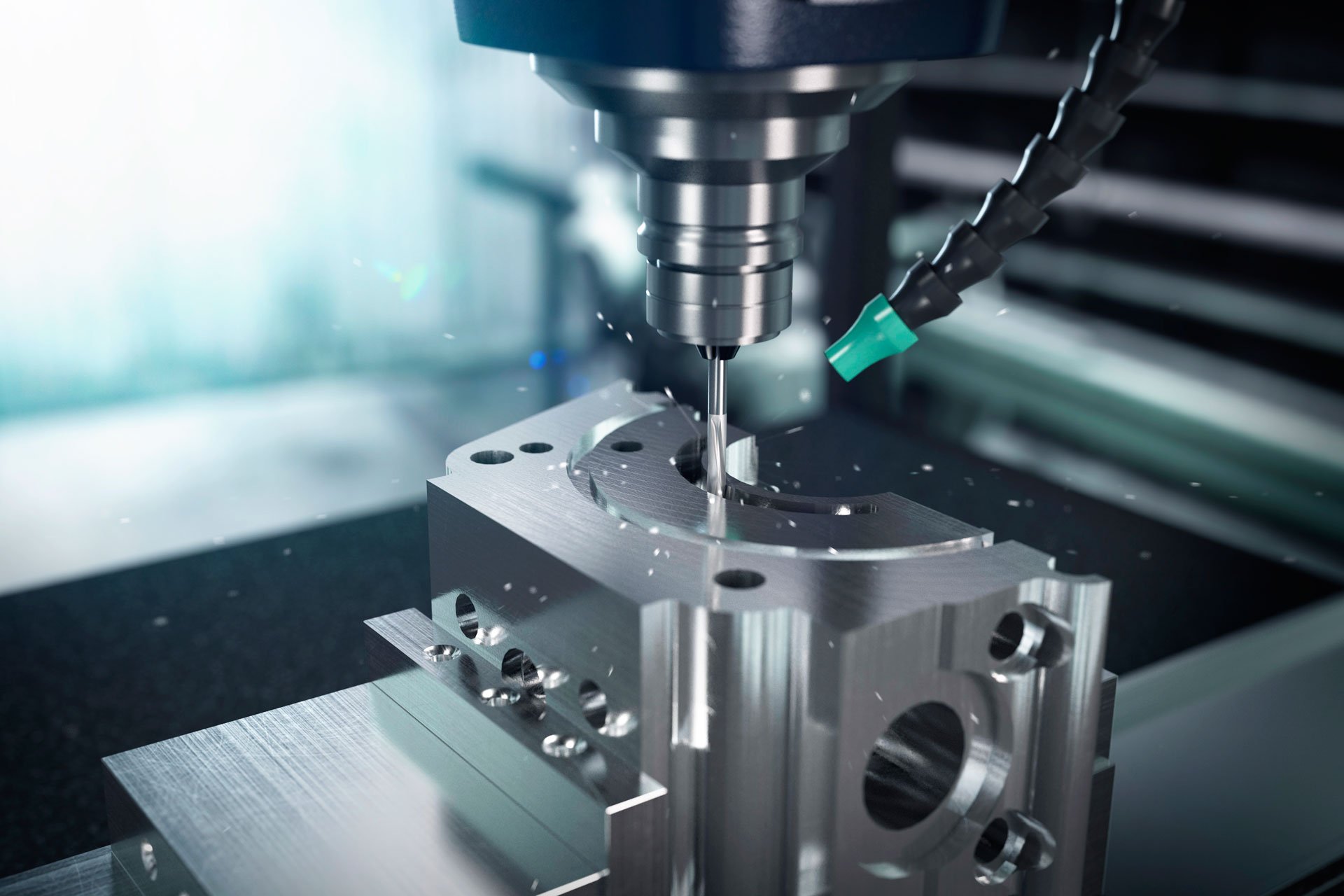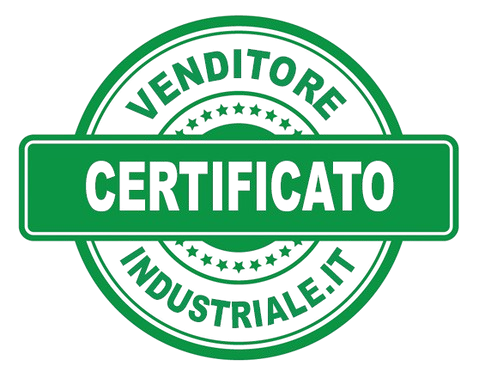General Council at the European Parliament to defend industrial competitiveness. Almici: "We are not asking for protection, but for fair conditions to compete"
A delegation from Anima Confindustria met today at the European Parliament with the Vice President of the European Parliament, Antonella Sberna, and representatives of the European institutions to share the priorities of the Italian mechanical engineering industry. The mission, organized by the Anima Brussels Office, aimed to solicit political and operational commitment so that the European Union offers a strategic response to the tariffs imposed by the United States and the challenges of the ecological transition, which risk compromising the competitiveness of European manufacturing.
During the meeting, the document "Mechanical Engineering Manifesto 2025 for the EU – A new pact for Italian and European industry" was presented, the result of extensive analysis and discussion with the thirty-four Anima federated associations. The document proposes three lines of action: relaunching a coordinated European industrial policy, with concrete tools and regulatory simplifications; managing the ecological transition in a balanced way, integrating cutting-edge innovation and already available technologies; protecting exports and international competition, demanding a response to the new trade barriers that disproportionately affect the mechanical engineering sector.
"We need a Europe capable of providing operational and not just political responses," declared Pietro Almici, president of Anima Confindustria. "Mechanical engineering companies need clear and effective industrial policies to face the challenges ahead. We must defend the competitiveness and know-how of our companies, to defend the productive and technological capacity of Europe itself.
The Manifesto highlights how the industry represented by Anima – over €55.5 billion in turnover, more than 221,000 employees and a strong propensity for exports – constitutes the heart of the European production system. However, the combination of geopolitical crises, new environmental regulations and trade tensions risks redrawing the global industrial balance to our disadvantage.
The most important issue discussed in Brussels was that of American tariffs, which severely affect industrial and instrumental mechanics. Following the framework agreement signed between the EU and the US, the White House subsequently decided to introduce new 50% tariffs on steel and aluminum components across 407 customs codes—affecting 80% of production in the sectors represented by Anima—bringing the tariffs far above 15%, further burdening the bureaucratic process for mechanical engineering companies. The Federation reiterated that export planning is impossible without clear customs rules and coordinated European support. The risk, already concrete, is the loss of market share in the United States, the sector's leading non-European partner.
Among other priorities that have emerged is the industry's demand for a safe, accessible, and cost-competitive energy supply: an essential condition for the sustainability of production chains. The transition must balance environmental ambition and economic realism, integrating ready-to-use solutions and long-term innovations.
The Federation also supports the need for a Clean Industrial Deal, which is a continuation of the European Green Deal, but based on technological neutrality and competitiveness. Companies must be able to choose the best available technologies to reduce emissions, without constraints that penalize production and employment.
At the same time, Anima proposes to strengthen dialogue with European institutions to diversify destination markets, focusing on agreements with Mercosur and new partnerships with emerging growth areas in Asia and Africa. These agreements must guarantee regulatory reciprocity and European quality and safety standards, protecting European manufacturers from unfair competition and non-compliant imports.
"The meeting in Brussels," Almici concluded, "with MEPs from all political groups in the European Parliament was a crucial moment to reaffirm the role of mechanical engineering as a pillar of European competitiveness. We are calling for a strategic vision that enables companies to invest, innovate, and grow. In this meeting, which involved the entire General Council of Anima, we reiterated the risk that Europe as a whole faces weakening its production assets and losing ground to other economic blocs. We are not asking for protection or favoritism, but for the right conditions to compete."
The mission is part of the institutional activities of Anima Bruxelles, which represents the voice of Italian mechanical engineering at EU institutions, promoting ongoing dialogue between companies, MEPs, and industrial stakeholders. With the 2025 Mechanical Engineering Manifesto for the EU, Anima renews its commitment to collaborating with the Commission and Parliament for a European competitiveness policy capable of combining sustainability, autonomy, and growth.



 Industriale.it certification
Industriale.it certification